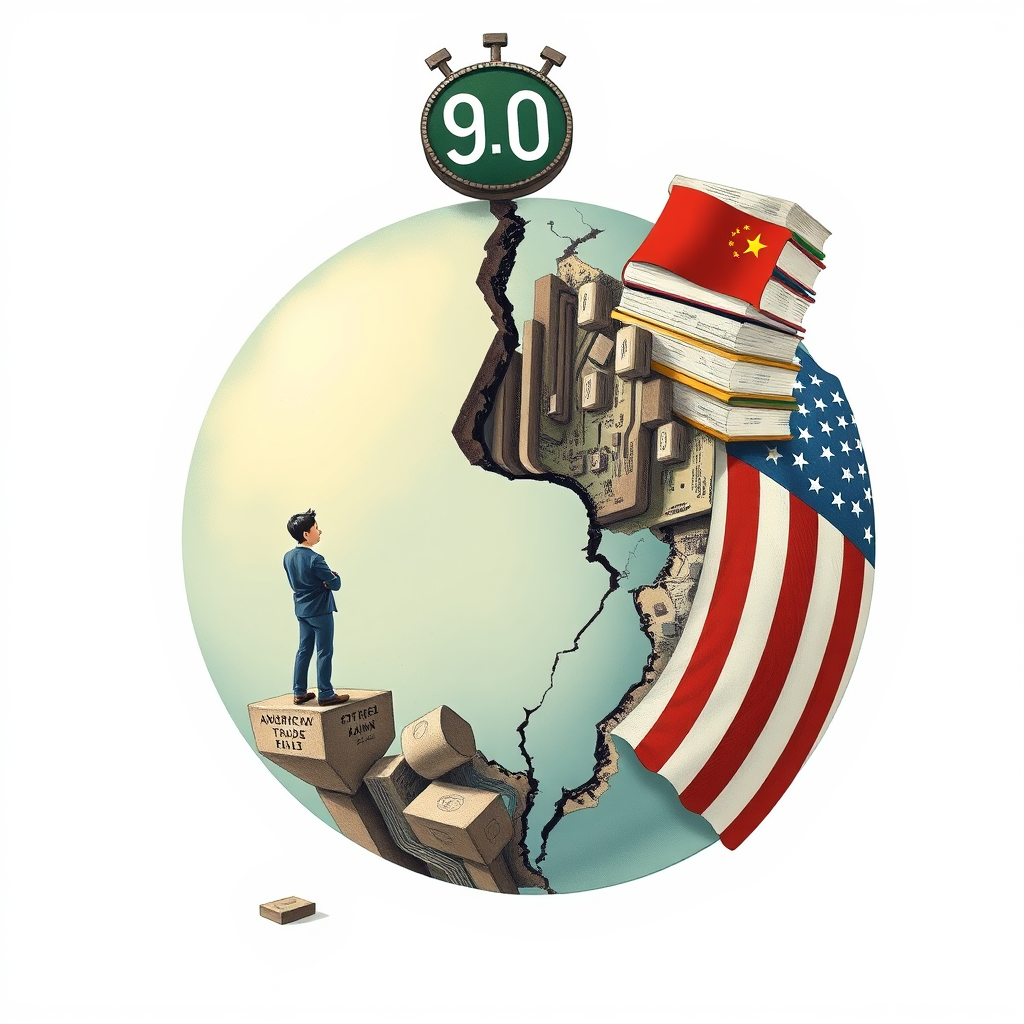Trump Actions Threaten China Trade Deal Progress

A fragile truce in the U.S.-China trade war appears increasingly threatened following a series of announcements from the Trump administration that have drawn sharp criticism from Beijing and sparked concerns about escalating tensions. Recent actions, described by sources as unexpectedly aggressive, risk unraveling months of delicate negotiations and potentially triggering a renewed cycle of tariffs.
The most contentious move came Wednesday with Secretary of State Marco Rubio’s announcement of impending visa restrictions for Chinese students. The U.S. intends to “aggressively revoke visas” for those studying in fields deemed critical or with ties to the Chinese Communist Party. This policy has ignited widespread anger within China, particularly among families who have invested significant savings in their children’s overseas education.
Simultaneously, reports surfaced in the Financial Times detailing actions by President Trump that effectively restrict some U.S. companies from selling essential semiconductor design software to China. This move further constricts China’s technological advancement and adds another layer of friction to the already strained relationship.
These developments, occurring as a 90-day pause on increased tariffs nears its end, have reportedly “infuriated” Chinese authorities who believed progress was being made with the often-unpredictable Trump administration. CNN analysts Steven Jiang and Jessie Yeung highlight the significant impact of the student visa policy, noting that over 270,000 Chinese students were studying in the U.S. in 2024, a number even higher before the pandemic.
The policy strikes at the heart of the aspirations of China’s growing middle class, who view U.S. education as a crucial investment in their children’s futures. Years of savings and intense preparation could be rendered meaningless, potentially leading to deportation for students already pursuing their studies.
While the U.S. frames these actions as necessary to protect national security and technological advantage, the timing and scope raise serious questions about the administration’s commitment to a stable trade relationship. The moves appear to prioritize short-term gains over long-term cooperation, potentially pushing China towards further retaliatory measures and deepening the existing geopolitical divide. It’s a risky strategy that could ultimately harm both economies and destabilize global trade.